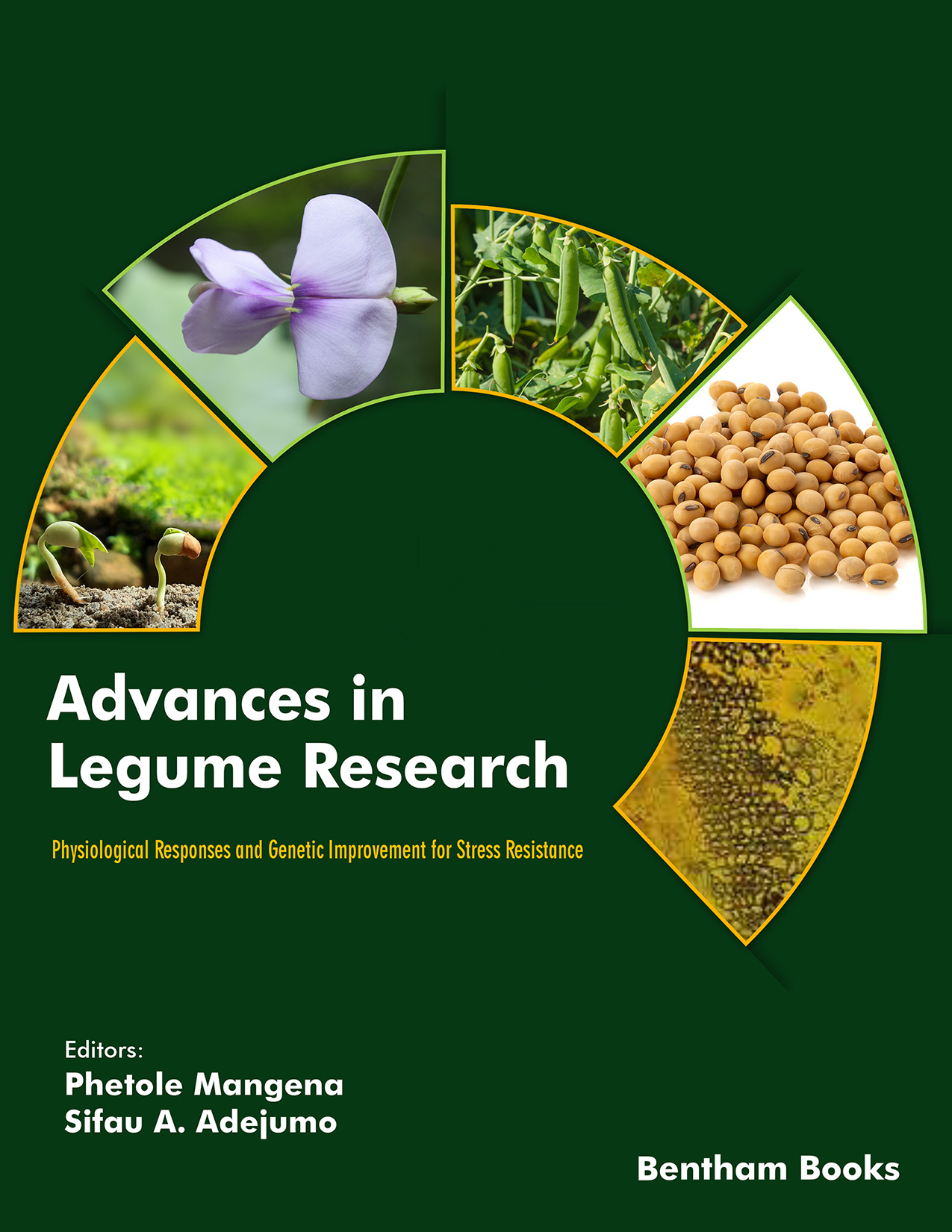Introduction
This reference provides comprehensive insights on the harm inflicted by pests and diseases on leguminous crops. Internationally acclaimed authors provide succinct reviews on breeding and impact of biotic stress factors such as insect pests, microbial pathogens, spiders, and vertebrate pests in legumes like soybean, cowpea, and common bean. The book also contains detailed technical analysis of methods such as the PCR-based detection, next generation sequencing / marker-assisted selections, low cost lethal-non-lethal vertebrate pest control and mechanisms of climate/nutrient induced resistance. The unique feature of this book is its focus on the optimization and development of environmentally friendly methods for pest and disease control in leguminous crops. Other features include structured sections for easy reading and a list of references for advanced readers.
Key themes:
⚬
Biotic Stress and Plant Resistance
⚬
Biotic Stress in Legumes (Cowpea and Soybean)
⚬
Diagnostic and Control Methods for Microbial Plant Pathogens
⚬
Viral Diseases of Legumes and Management
⚬
Vertebrate Pests in Legumes and Economic Implications
⚬
Spiders in Legume Agroecosystems
⚬
Climate-Driven Factors and Insect Pests of Legumes
⚬
Sustainable Crop Nutrition for Biotic Stress Alleviation in Legumes
⚬
Physiological Responses in Legumes to Combined Stress Factors
Readership
Researchers and professionals in legume agriculture; scholars in the field of plant science and agriculture.

